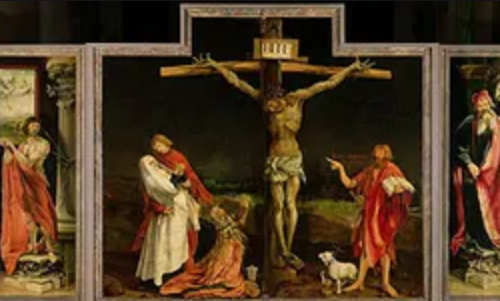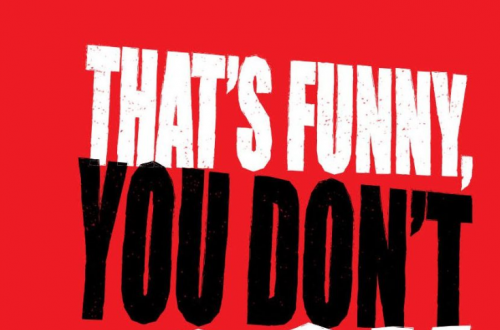Review by Karl Pfeifer
One of the reasons for the hate-campaign against Hungary’s Central European University (CEU) and the law against CEU is that this university does not advocate narrow-minded nationalism and that it is contradicting the fabrication of fake history so dear to Prime Minister Victor Orbán.
The Holocaust in Hungary: Seventy Years Later provides a scholarly overview of the newest trends in the study of the Holocaust in Hungary. It includes twelve selected papers organized under four thematic groups:
–The newest tendencies in the historiography of the Holocaust in Hungary.
–The anti-Jewish policies of Hungary during the interwar period.
–Recent research on the Holocaust era in Hungary.
–National and international aspects of Holocaust remembrance.
More than 70 years after the Hungarian Holocaust there are many debates going on. There is a government-sponsored institution for the production of fake history called “Veritas” and “historians” denying any Hungarian responsibility for the Hungarian Holocaust.
Randolph L. Braham, one of the editors of this volume, summarized:
With Horthy still at the helm and providing the symbol of national sovereignty, the approximately 200,000 Hungarian policemen, gendarmes, civil servants and ‘patriotic’ volunteers had collaborated in the anti-Jewish drive with a routine and efficiency that impressed even the relatively few SS who had served as ‘advisors’.
Braham writes on the court-historian of Orbán, Dr. Mária Schmidt, who was characterized as “the best Hungarian student of Jean-Marie Le Pen”:
Many Hungarian history-cleansers have taken Schmidt’s anti-Communist crusade a step further. Counterbalancing the accounts of the Holocaust, they concentrate on and emphasize almost exclusively the crimes perpetrated by the Communists. Identifying Communism and Bolshevism as Jewish in origin and character, these historical revisionists insist that the wartime suffering of the Jews was matched, if not actually exceeded, by the pain the Jews supposedly inflicted upon the Christian world during the Communist era.
The distortion, denigration, and actual denial of the Holocaust represent a new danger to the Jewish people. This danger was eloquently summarized in 2014 by Ilan Mor, Israel’s ambassador to Budapest:
“The six million victims of the Shoah were murdered twice: The first time, when they were physically exterminated seventy years ago, and they are murdered once more, when the memory of their fate is distorted and erased. Holocaust denial in its various forms is an expression of antisemitism. Any attempt to deny the genocide of the Jews is an effort to exonerate the Nazi ideology and antisemitism from guilt or responsibility in the genocide of the Jewish people.”
Braham concludes:
The antisemitic assault on memory is fraught with danger: without memory there is no history and without history there is no national-ethnic continuity. One is reminded of the party slogan in George Orwell’s 1984: ‘Who controls the past controls the future. Who controls the present controls the past.’ History is a formidable weapon. It is particularly corruptive and dangerous in the hands of chauvinistic nationalists bent on shaping history. Unless the historical revisionists and the history-cleansers are unmasked and counteracted, the record of the Holocaust inevitably will be tarnished, if not obliterated. One must protect the integrity of this record in order that the world – the current and future generations – may learn its lessons and thereby avoid another cataclysm.


